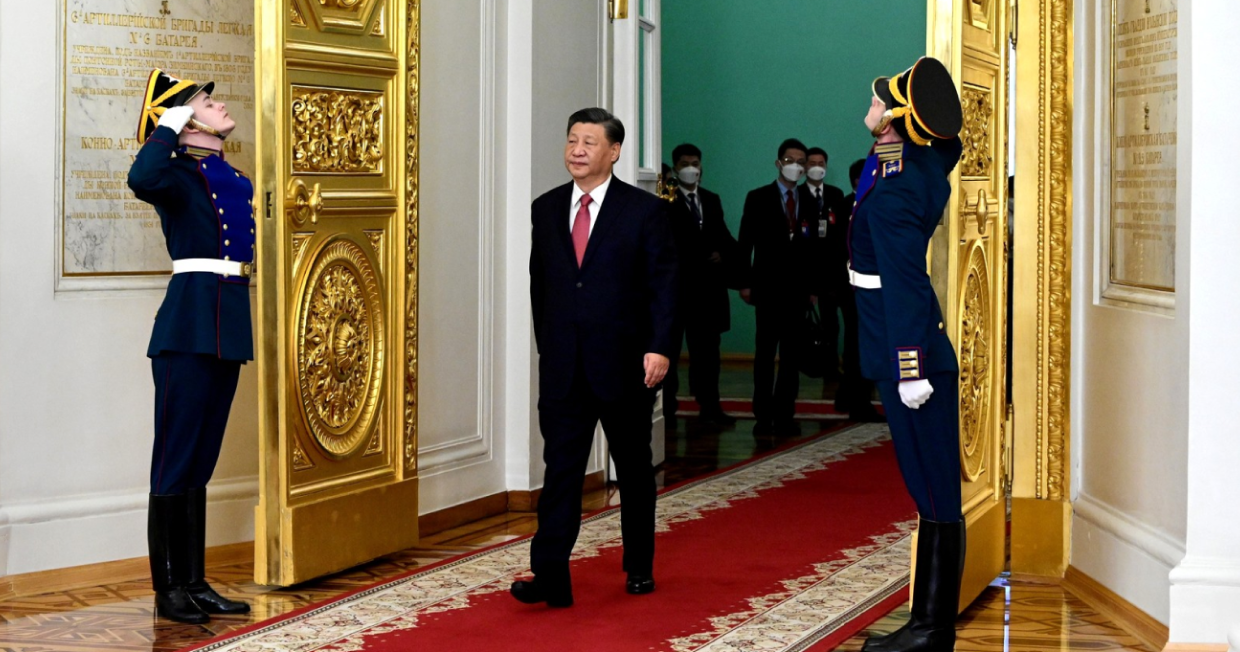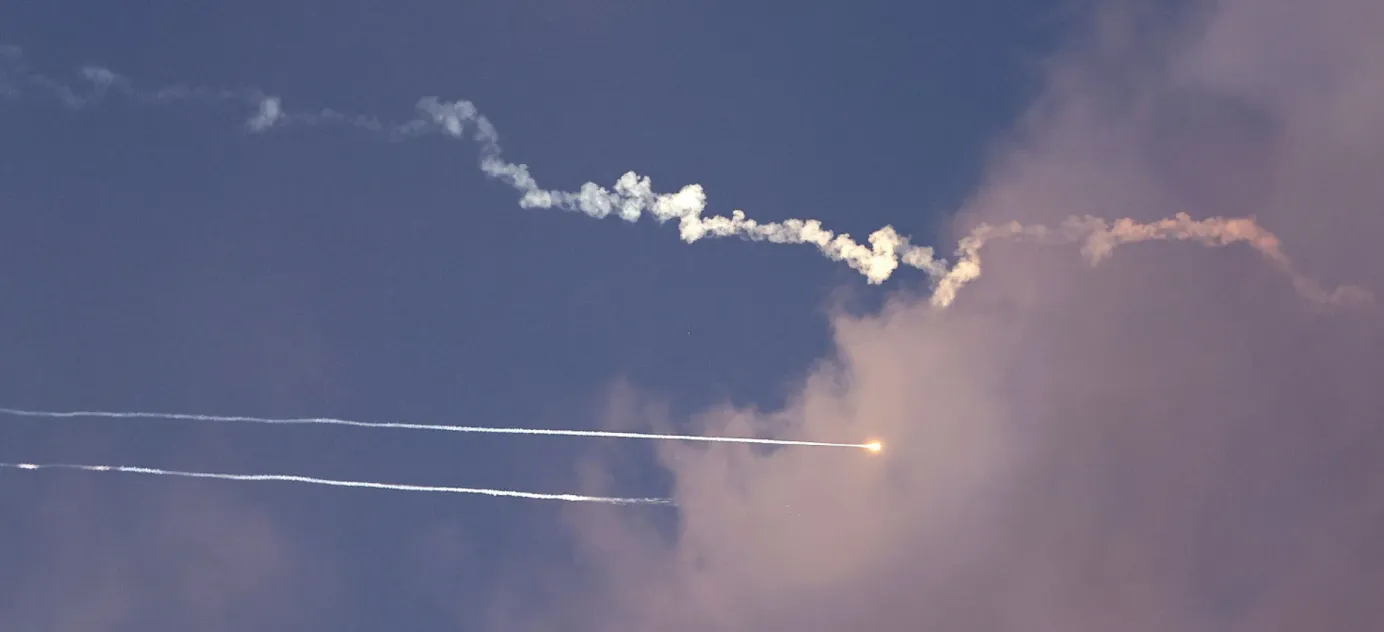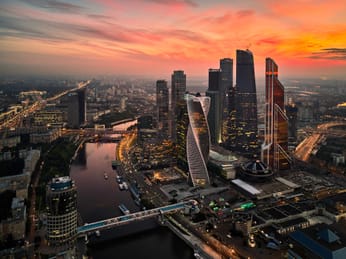
Russian state propaganda hails Xi’s visit to Moscow
Last week, Chinese President Xi Jinping traveled to Moscow, where he spent two days with Russian President Vladimir Putin. Russian state propaganda hailed Xi’s visit as a sign that Russia and China are uniting in opposition to American hegemony. However, the two parties didn’t sign any important new agreements, and if there were any deals on supplying weapons, then they happened behind closed doors.
- After their meetings, Putin and Xi signed documents on advancing Russian-Chinese relations, comprehensive partnerships, and strategic interaction, plus a joint statement on developing economic collaboration through 2030. Besides that, both sides promised “to defend the norms of international relations based on the UN Charter.”
- Xi and Putin also spoke about the war in Ukraine. Xi mentioned “peace proposals” that China published a month ago (they boil down to an immediate ceasefire on undefined terms, and are clearly unworkable) and said that China “always stands for peace and dialogue, and stands firmly on the right side of history.” Putin said that “many of the provisions” of China’s plan “could be taken as the basis for a peaceful settlement” but neither Kyiv nor the West was ready for the plan.
- Xi’s arrival received the undivided attention of Russian state media. Rossiiskaya Gazeta published an article attributed to the Chinese president (in turn, China’s Renmin Ribao published a similar article from Putin). On talk shows, invited Russian experts explained how the friendship between Moscow and Beijing was a blow to the American economy, which depends on Chinese products, and added that “Xi Jinping is jumping into the trenches” with Putin. The propagandists also touched on the ICC arrest warrant for the Russian president, issued just before Xi’s trip. According to them, it was the “verdict of a kangaroo court” intended to deflect from Xi’s visit.
- Meanwhile, Russian state news agencies published opinion pieces by political analysts who insisted that Xi’s visit spelled “the end of the uni-polar era and the dawn of a multipolar world” despite “America’s fierce opposition to it.” They added that the west was “terrified” of the Chinese leader’s visit to Moscow.
- The Bell discussed Xi’s visit to Moscow with one of the most authoritative experts on China, Alexander Gabuyev, a senior fellow at the Carnegie Endowment for Peace. According to him, Russia is important to China as a junior partner in its ongoing conflict with the West. Russia can share modern weapons systems and sell natural resources cheaply. At the same time, China is unlikely to supply weapons or ammunition to Russia — Beijing does not care which flag flies over Bakhmut, where fierce battles have raged in recent months. The only thing that matters to China is that Russia does not lose the war and Putin’s regime does not collapse, potentially bringing a democratic government to power that might be hostile to China.
Pourquoi le monde devrait s'en préoccuper :
Most important for the Kremlin is that Xi’s visit took place. China showed that it will not turn away from Russia, and that this is a fundamentally significant partnership for Beijing despite Washington’s efforts to isolate Moscow, Gabuyev said. But it’s unlikely that ordinary Russians will gain anything from the relationship. Russia’s economic dependence on China is growing, and now Beijing can dictate the terms of its economic ties with Russia while the West refuses to do business with Moscow.









